Cassie Sainsbury faces incredible twist of fate after judge rejects six year plea bargain deal made
COCAINE Cassie has possibly enjoyed a remarkable turn in fortune, after her dramatic first day in court saw a Bogota judge reject a six-year plea bargain.
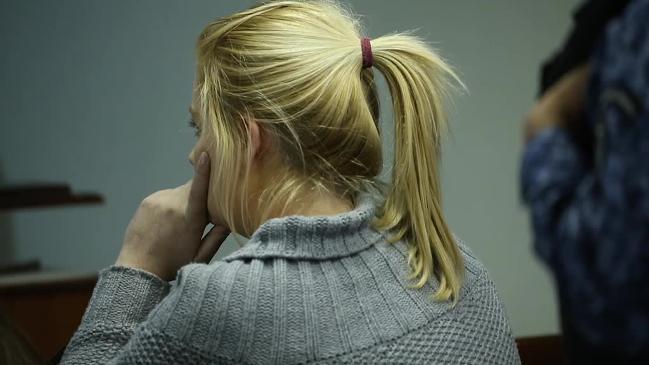
- Cassie Sainsbury’s full interview from jail
- Sainsbury reveals the torment of her new life
- Cassie’s lawyers want Aussie taxpayers to help
- Was ‘Cocaine Cassie’ duped or plain stupid?
- Australia’s covert war on cocaine
COCAINE Cassie has possibly enjoyed a remarkable turn in fortune, after her dramatic first day in court saw a Bogota judge reject a six year plea bargain between her legal team and prosecutors.
Instead of rubber-stamping what looked like a great deal for Cassandra Sainsbury — possible freedom with good behaviour in three years opposed to the 30 year maximum she faced — Senior Judge Sergio Leon ordered further investigations into her case and indicated she could be innocent.
Sainsbury, 22, was arrested April 12 as she tried to leave Bogota International Airport with 5.9kg of cocaine packed in her green suitcase, after a tip-off from the US Drug Enforcement Agency.
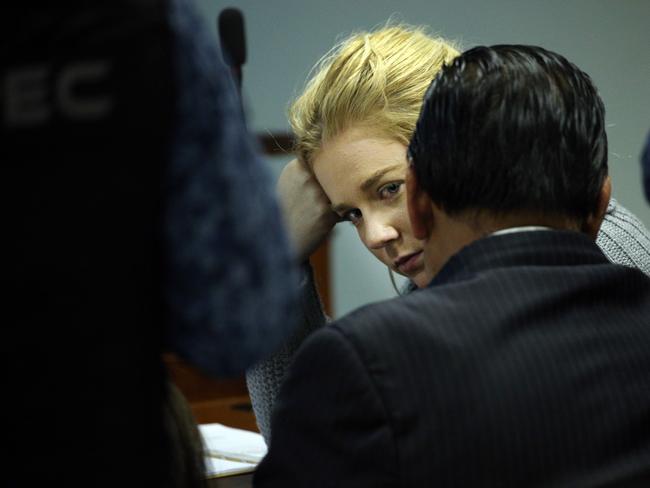
Her explanation for the narcotics has changed several times, from first being unaware they were disguised in packs of headphones to yesterday saying she thought she was carrying paperwork until just before her flight, when she agreed to try to smuggle the cocaine in order to protect her family from a drug cartel threatening them.
Yesterday in court she accepted responsibility for the drugs and a prosecutor with Colombia’s attorney general agreed to the 72-month sentence put forward by her lawyer Orlando Herran.
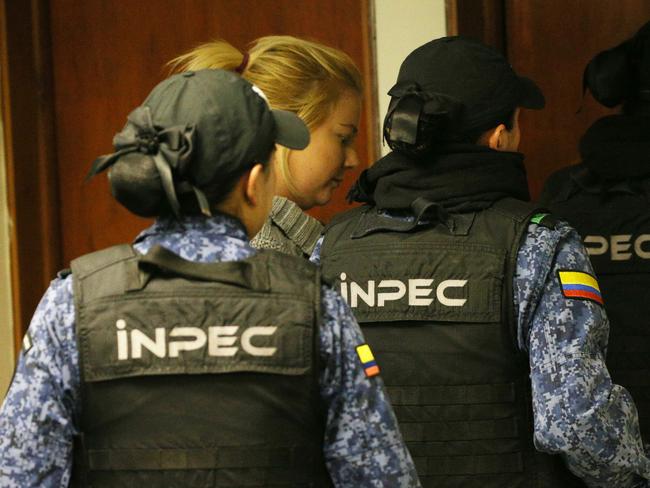
The plea deal her legal team was trying for was struck under article 56 of the Colombian Criminal Code dealing with defendants in “circumstances of marginality, ignorance and extreme poverty”.
But when Judge Leon started directly questioning Sainsbury about her understanding of the deal and her part in the crime, he appeared shocked at her avowed innocence.
‘I didn’t want to take a package with me. I was told my family and partner would be killed,’ Sainsbury told the court.
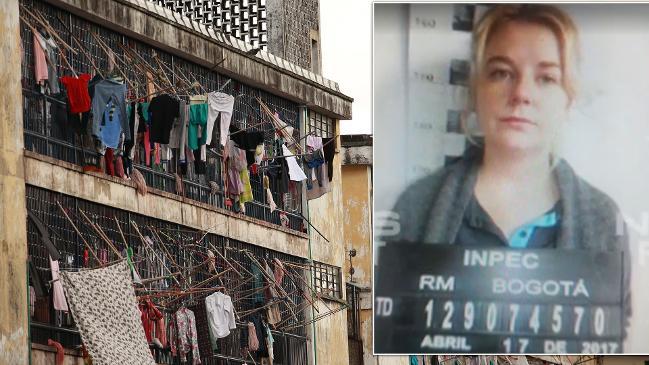
When asked why she had accepted a guilty plea, Sainsbury and her lawyer explained they had no evidence to back up her claim.
“I accepted the charges and agreed to take a plea agreement because the one thing I can not take away from the evidence is the drug was in my suitcase and I was carrying it ... I have to take responsibility for that,” she explained.
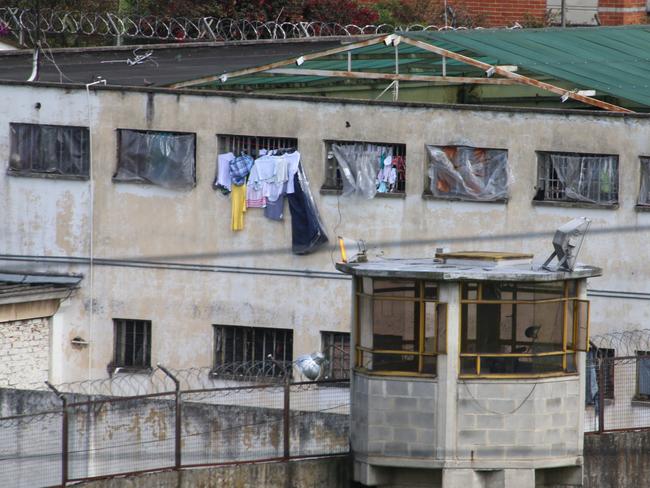
Mr Herran went on to explain to the court that Sainsbury went along with the deal because she had no proof of the threat. He described her as desperate from debts incurred at her failed gym in South Australia and being tricked into trying to make some easy money.
The prosecutor reacted angrily when Cassie claimed she was threatened.
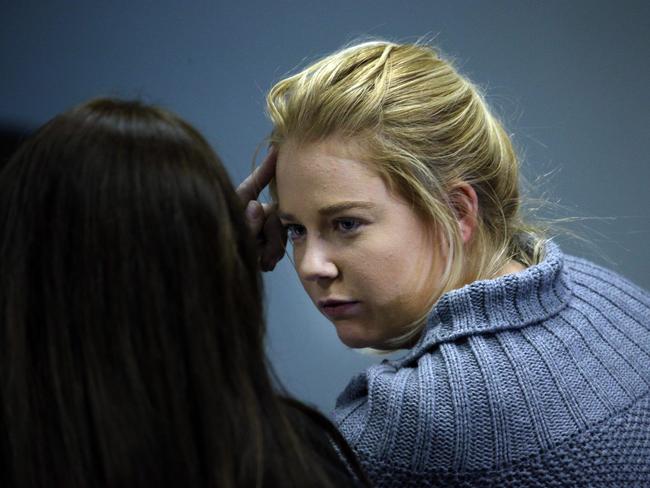
“I am surprised at this because one thing appears in the documents and then the accused says something else,” the prosecutor said in Spanish.
“If she continues saying that she signed the pre-agreement knowing she was at threat and she can prove this to the court this must be done by the defence.”
Judge Leon said her claims warranted more investigation into her possible innocence and said he would thoroughly review the case.
“I have found a very complex development with this plea bargain,” he said, adjourning the matter to August 9.
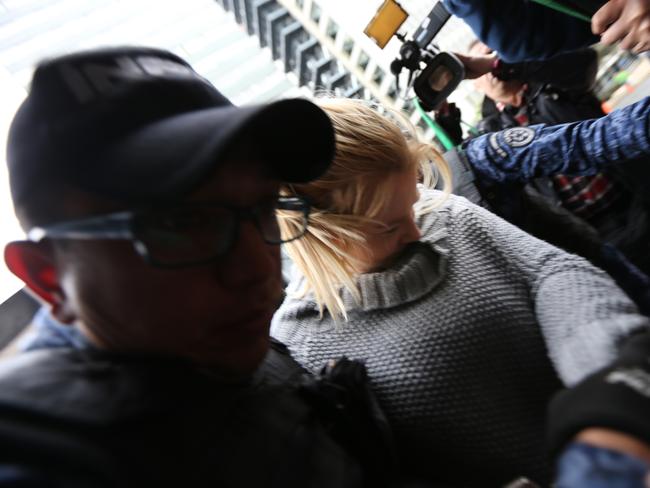
“That’s why it is wise to suspend this hearing, to study and resolve if it’s going to be legal or not, what is proposed.”
Mr Herran said outside the court his client had always maintained her innocence and that the judge’s intervention may mean she would receive an even shorter sentence.
A source from the prosecutors’ office said it was possible Judge Leon, a noted human rights advocate, would be considering clearing Sainsbury of the charges.
There was no mention in court of Sainsbury trading information on her sources for a lesser charge.
